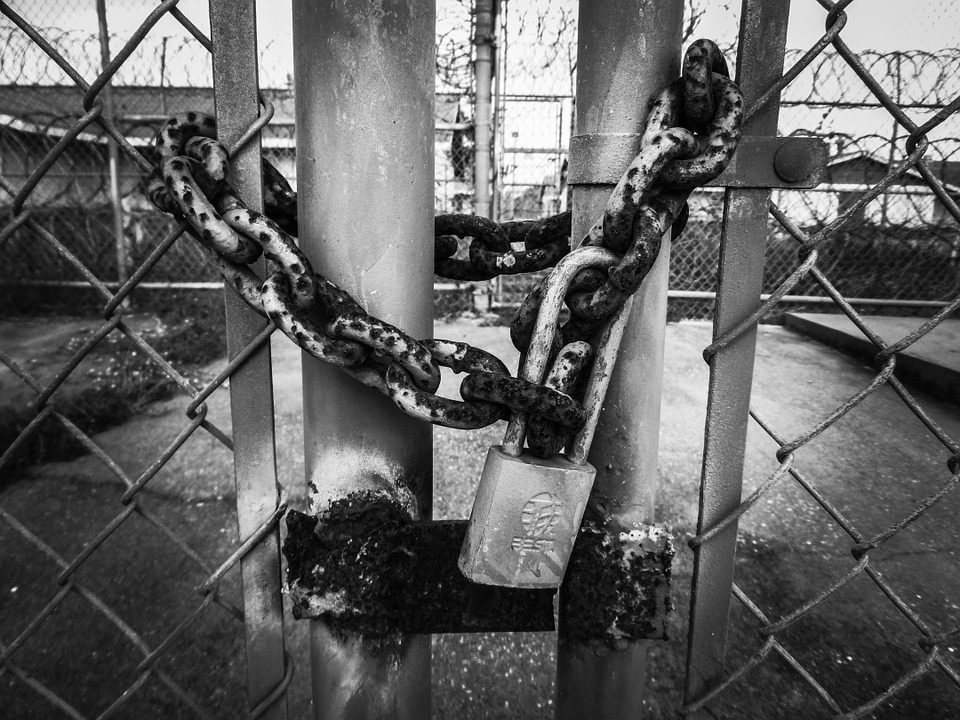Immigration lawyers and critics denounce the inhumane treatment of immigration detainees
On Tuesday March 8, 2016, the Toronto East Detention Centre announced the death of yet another immigration detainee. Less than a week later on March 14th, a detainee from Chile died suddenly at Maplehurst Correctional Complex in Milton.
Critics have long denounced the Canadian system of potential indefinite detention for foreigners (often in provincial jails that house criminals) who run afoul of immigration rules, especially after the tragic deaths of detainees in custody in recent years. Mexican migrant Lucia Vega Jimenez who was found hanging in a CBSA shower stall Vancouver in 2013 and Somali native Abdurahman Ibrahim Hassan, a mentally ill man who died in a Peterborough hospital in June 2015, are just two examples of individuals that have fallen victim to Canada’s flawed system for handling foreign detainees. The March 2016 death has now put Canada’s immigration detention system under the spotlight yet again.
Last June, a University of Toronto Study (‘Study’) found that almost one-third of foreigners detained in Canada are placed in facilities intended for criminals. The Study reports that such detentions violate international human rights law, which amounts to cruel, inhumane and degrading treatment. Some detainees do not have criminal records, yet are detained on the grounds that they are a flight risk or because their identity has not been established.
In 2014, Canada detained an alarming 8,519 people (60% of them in Ontario) who violated immigration law. The immigration detainees spent between two months and eight years imprisoned in maximum-security provincial jails. Without exception, they communicated incredible despair and anxiety due to their seemingly indefinite detention, their lack of legal rights, their conditions of confinement, and the lack of adequate mental health resources.
According to the 2012 United Nations High Commissioner for Refugees (UNHCR) Guidelines, detention of asylum seekers should be a measure of last resort, with liberty being the default position. Detention must be necessary, reasonable in all the circumstances and proportionate to a legitimate purpose. Indefinite detention is completely arbitrary. To guard against arbitrariness, maximum periods of detention should be set in national legislation. Without maximum periods, detention can become prolonged, and in some cases indefinite, including particularly for stateless asylum-seekers.
Canada’s approach to migrant detention often amounts to violation of international obligations to prevent arbitrary detention, cruel, inhuman, or degrading treatment, and discrimination. It fails to live up to the internationally binding commitments to ensure an effective remedy for conduct in violation of those norms. The Trudeau-led government has promised “change for our immigration system”: hopefully, this change will occur through legislative amendments that will identify and address the underlying reasons for lengthy and uncertain detentions in the immigration context.
Ms. Arghavan Gerami, Managing Director of Gerami Law PC has recently written a comprehensive article on this topic entitled “Challenging Prolonged and Indefinite Immigration Detention: Necessary Amendments to the Immigration and Refugee Protection Act” to be published in the next issue of the Journal of Parliamentary and Political Law. Her paper highlights the reality of prolonged, indefinite and arbitrary immigration detention in Canada, despite the international and constitutional safeguards that are in place to protect the rights of individuals and children in such circumstances. It also discusses the interaction between the Immigration and Refugee Protection Act and the Canadian Charter of Rights and Freedoms, while examining some the most recent jurisprudence in this area (focusing on the Ahmed1 2015 trilogy before the Federal Court as well as the Ontario Court of Appeal decision in Chaudhary v. Canada (Public Safety and Emergency Preparedness).2 Ms. Gerami concludes her paper by arguing that legislative reform is necessary in this area in order to prevent arbitrary and indefinite immigration detentions in Canada.
1Ali v. Canada (Citizenship and Immigration), 2015 FC 1012[Ahmed III]; Ahmed v. Canada (Citizenship and Immigration), 2015 FC 876[Ahmed II]; Ahmed v. Canada (Citizenship and Immigration), 2015 FC 792 [Ahmed I].
22015 ONCA 251[Chaudhary].
Share this article
Arghavan Gerami
Arghavan Gerami is the Founder and Senior Counsel at Gerami Law Professional Corporation ('PC'), a full-service immigration law firm in Ottawa, Ontario. Since 2011, Ms. Gerami has focused her practice on immigration and refugee litigation. Prior to that, Ms. Gerami worked at the Ministry of Attorney General and the Department of Justice and had the privilege of serving the Honourable Mr. Justice M. Evans at the Federal Court of Appeal on immigration and administrative law appeals. Ms. Gerami contributes to the Immigration Law Section of the Canadian Bar Association, the Canadian Association of Refugee Lawyers, and the United Nations High Commissioner for Refugees. Ms. Gerami has also published numerous journal articles and presented at various immigration and refugee law conferences and events across Canada.

